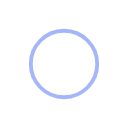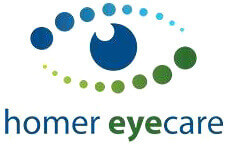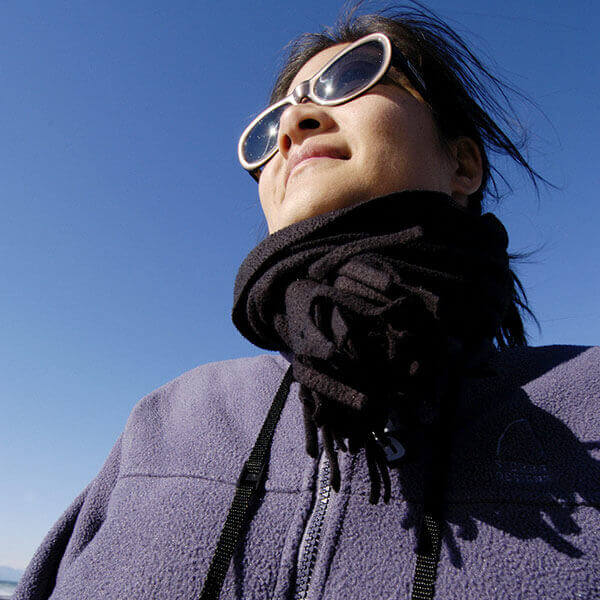Cataract
Our doctors will be able to see a cataract while doing an eye health examination. Treatments for cataracts include eyeglasses, magnifying lenses or surgery. Cataract surgery is a highly efficient method of treatment where the cloudy lens is removed and replaced with an artificial one. Our doctors will personally discuss the patient’s options, risks and new possibilities that come with cataract surgery.
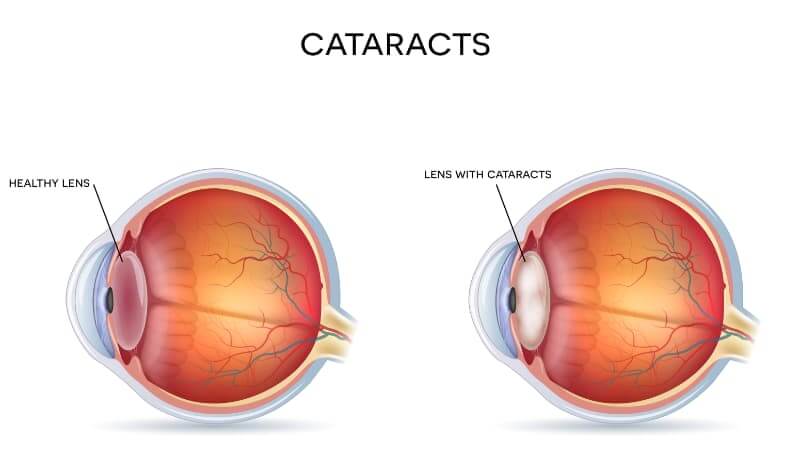
Age-related Macular Degeneration
Age-related macular degeneration is a progressively developing condition, destroying the macula and causing central vision loss. There are 2 types of AMD: wet and dry macular degeneration.
Options to treat wet AMD are: laser surgery, ocular injections and photodynamic therapy. Wet AMD can be treated with high dose formulations of zinc and antioxidants. They may help to slow down the development of the condition and possibly prevent AMD from progressing. Our doctors will choose an individualized approach to monitor and help patients manage the condition in their everyday life.
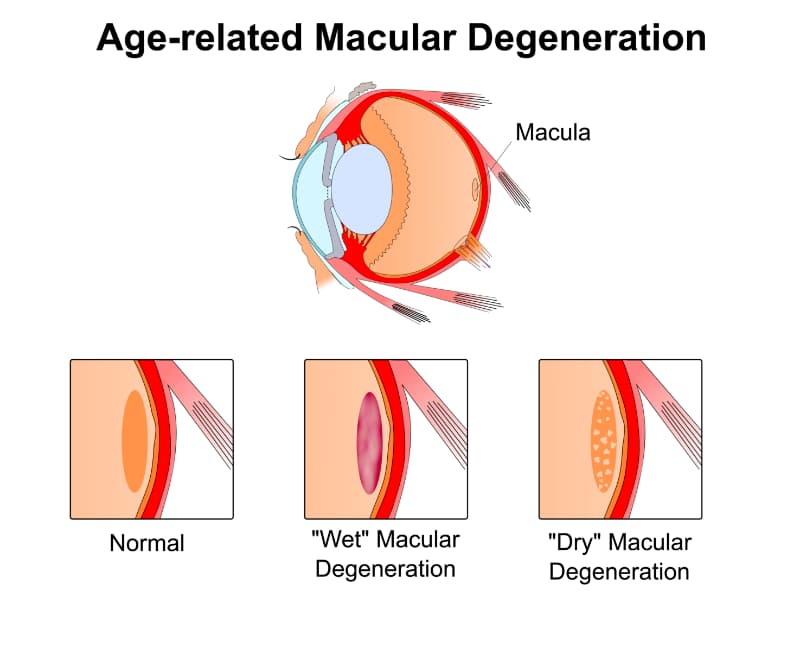
Dry and Wet Macular Degeneration:
Dry macular degeneration is most common type of the disease; the retinal tissue breaks down and thins, causing a loss of macular function. There is no cure and any loss in central vision cannot be restored. However, researchers and doctors believe there is a link between nutrition and the progression of macular degeneration; dietary changes and nutritional supplements can possibly slow vision loss. Frequent monitoring is important, as dry can evolve into wet macular degeneration.
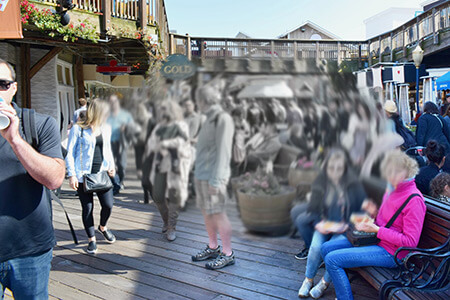
Less common, wet macular degeneration occurs when fluids leak from newly formed blood vessels under the macula, which can cause rapid and severe vision loss. If detected early, it can be treated using a laser procedure, sealing the leaking blood vessels. Medications can also be injected into the back of the eye to slow the growth of leaky blood vessels. Although impermanent, these treatments may slow progression.
Homer Eyecare offers a variety of monitoring and treatment options:
- Optos Retinal Imaging (with auto-fluorescence) for monitoring retinal appearance and metabolic health
- OCT (Optical Coherence Tomography) scanning to see each of the retina’s distinctive layers and to map and measure macular thickness
- Supplement recommendations
- Lifestyle recommendations (ie. quitting smoking, decreasing UV exposure, change in diet)
- AMSLER grid testing for at home monitoring to see if there is any visual change between visits
If treatment becomes a necessity, Homer Eyecare works closely with retinal specialists and can write referrals for laser procedures and/or injections. We can also provide surgical post-op care and continued monitoring post-procedures.
Macular Degeneration Management
Macular degeneration is the leading cause of severe vision loss in adults over age 50. Your macula is the single most important component of central vision. The macula is a small area of the retina responsible for both central and color vision; it’s what allows us to read, drive and perform detailed work. Macular degeneration is most commonly a result of age, but other risk factors include UV exposure, history of smoking, gender (females are at higher risk than males), nutrition and genetics.
Symptoms:
- Gradual loss of ability to see objects clearly
- Blurry or distorted central vision
- Straight lines appearing wavy or crooked
- Dimming of color vision
- A dark or empty area in central vision
If you experience any of the above signs or symptoms, contact us immediately for a comprehensive eye health exam.
Glaucoma
Even though glaucoma cannot be reversed, there are options to control the disease and prevent further development of the condition. By lowering the eye pressure, vision loss and nerve damage can be prevented. Our doctors will assess and discuss the treatment options with the patient and make recommendations for the best approach to improve the patient’s life style and vision.
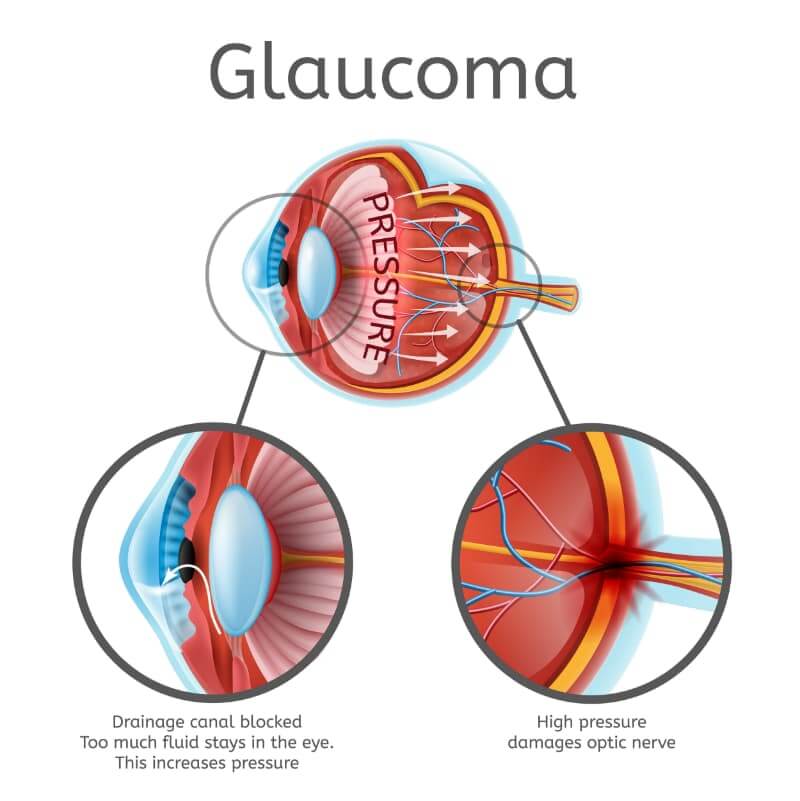
Glaucoma Management
Primary open-angle glaucoma and acute angle-closure glaucoma are two of the major glaucoma variants.
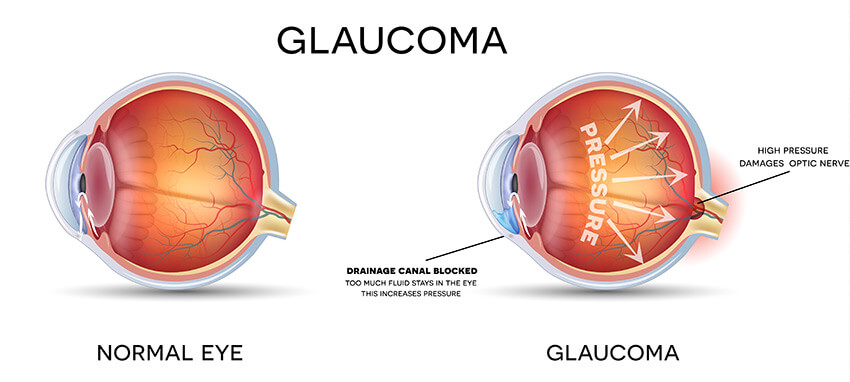
Primary Open-Angle Glaucoma – the most common type
Damage to the optic nerve occurs gradually, and is often because the eye does not drain fluid as well as it should. As a result, eye pressure builds, damaging the optic nerve. Due to this type of glaucoma’s painless and slow progression and without regular eye health exams, many do not realize there is a problem until it’s too late. This condition can severely affect peripheral vision and causes eventual blindness when left untreated. Regular eye health exams are important to find early signs of damage to the optic nerve via Optical Coherence Tomography (OCT) and Visual Field Testing.
Acute Angle-Closure Glaucoma – an Eye Emergency
This type often occurs when the iris is too close to the drainage angle in the eye. If the iris suddenly blocks the drainage angle, eye pressure can rise very quickly. This is an EYE EMERGENCY, immediate attention from your eye provider is necessary to avoid permanent vision loss.
These are the signs of acute angle-closure glaucoma:
- Sudden blurry vision
- Severe eye pain
- Headache
- Nausea
- Vomiting
- Rainbow-colored rings or halos around lights
Damage caused by glaucoma cannot be reversed; but treatment and regular monitoring can help slow or prevent vision loss, especially if you catch the disease in its early stages.
Glaucoma care and monitoring is performed by:
- Tracking of your intraocular pressures completed via iCare Tonometry, a device that produces little more than a tickling sensation, no longer the surprising “puff of air”
- Monitoring of your retinal nerve health via OCT which can compare your scans to an age normative database and your own previous OCT scans to track change that can occur over time
- Monitoring of medication use, efficacy, dosage, and type
- Monitoring of any peripheral visual field loss using our Humphrey Visual Field Machine
Homer Eyecare also works closely with your glaucoma specialist, and can perform post-op care if surgery is needed.
Dry Eye Management
Tears are highly important for good vision. Tears work to keep the eyes moistened and lubricated, while also creating a smooth and clear optical surface. Dry eye disease occurs when your natural tears aren’t able to provide adequate moisture to the eye. Dry eye disease can be caused by not producing enough tears or producing poor quality tears.
A lack of tears can cause a multitude of symptoms including:
- Excessively watery eyes
- Stinging
- Burning
- Dryness
- Redness
- Blurred vision
- Gritty feeling
- Itching
- Sensitivity to light
Homer Eyecare offers a variety of treatment options:
- Punctal Plug placement
- Supplement recommendations
- Prescription eye drops
- Lifestyle recommendations
We also work closely with specialists if further treatment is necessary.




